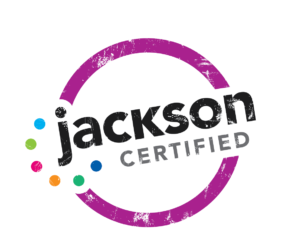Phage Therapy Against Super Bugs
Phage Therapy Against Super Bugs
Superbugs, or multi-drug resistant (MDR) bacteria, are bacteria that cannot be killed using two or more antibiotics. Any species of bacteria can become a superbug, and misusing antibiotics is the leading factor contributing to this growing problem. There are approximately 700,000 deaths due to MDR infections each year and that number is expected to rise to 10 million by 2050. Now more than ever, it is essential that we find ways to stop the spread of superbugs.
As antimicrobial resistance increases, scientists are looking to other ways of fighting infection. Enter the bacteriophage – phage for short. A phage is a virus that infects a bacterial host cell and replicates within it. Phages that reproduce via a lytic lifecycle cause the cell to burst and die, releasing viral copies which can then go on to kill other bacterial cells.
Unlike broad-spectrum antibiotics, which indiscriminately kill good bacteria as well as the bad, researchers believe they can harness the power of phages by fine-tuning them to target specific bacteria. This would keep “friendly,” or commensal bacteria, alive and well while combating pathogenic bacteria which cause infectious disease.
TransPharm is currently performing preclinical efficacy testing of phage therapies against both Gram-positive and Gram-negative bacteria. Although there are still obstacles to overcome, such as confirming safety in humans via clinical trials and implementing appropriate federal regulations, there is growing support for phages as a promising new therapeutic against MDR infections.


